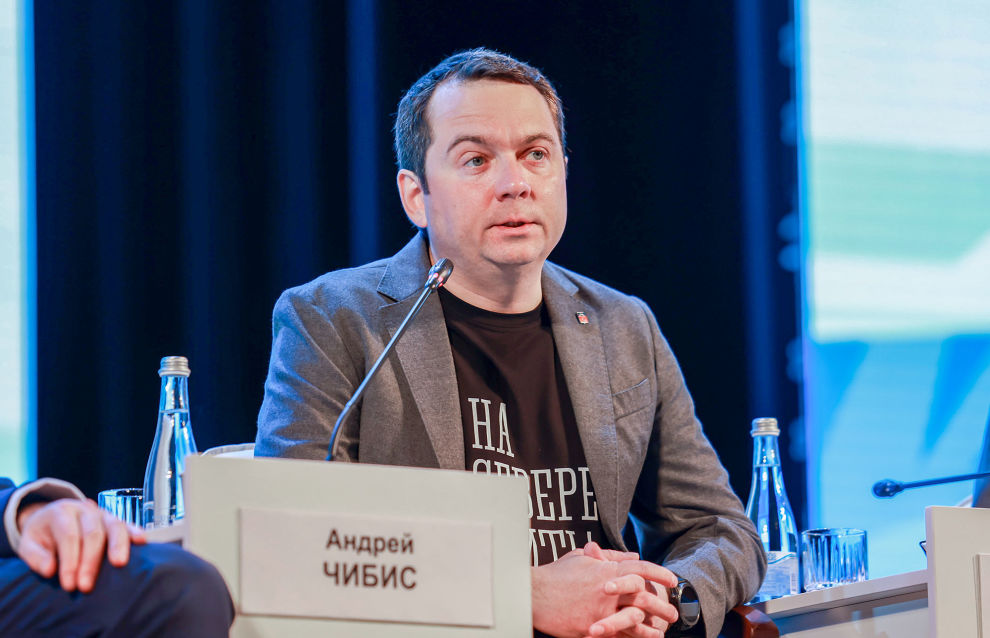Governor Chibis: The correct decision is to move to the north
Murmansk Region Governor Andrei Chibis spoke about the region’s personnel development strategy at the plenary session, Living, Working, Exploring the Arctic, held within the framework of the second forum and festival The Arctic: Breaking the Ice.
“The focus of our personnel development strategy is on those who were born here. Only one third of the specialists we need have a higher education, and the other two thirds have vocational training. This is nothing to be embarrassed about, which is why we are investing heavily in the infrastructure of our colleges. Today’s technologies are a serious matter, and all these colleges have partners among the large companies operating in the region. Our goal is to train specialists in the professions we need above all here. Murmansk State Technical University is a highly structured establishment. In addition, the head of the university’s Supervisory Council is Industry and Trade Minister Denis Manturov, which is a factor in the university’s rapid development. Another goal is to encourage people who work here in shifts for only five or six months to stay for five years or, better still, for 10-15 years. This would ensure the necessary personnel for local companies. I am saying this to encourage you to make the right decision, and the right decision is to move to the north,” Governor Andrei Chibis said.
Politician Alexander Zakondyrin, who attended the event, pointed out that the Murmansk Region is a leader in implementing the comprehensive plans under the Ecology National Project.
“When it comes to sorting waste, the pace has increased threefold over the past few years. This is a well-structured and civilised process. <…> As for water resources, we have completed a modernisation of the system of water intake stations in Tuloma and Teriberka. They were built in the Soviet era and badly needed to be renovated. There are plans for a major project under an integrated water program. It’s time to address the rehabilitation of Kola Bay systemically, working jointly with the Kola Science Centre and concerned institutes to study and prepare proposals on the restoration of the local ecosystem. There are problems with water purification facilities. We need to attract large companies to co-finance the project and work together,” Alexander Zakondyrin said.
State Duma Deputy Alexander Kogan noted that requirements for the personnel of Arctic enterprises had changed.
“Two or three years ago, 50-60 percent of our personnel had a higher education, while people with vocational training constitute a majority now. This is good. In the past, our efforts were based on the principle of CKD assembly and global economic trends. We needed white-collar workers as intermediaries for cooperation with foreign producers, who provided equipment for CKD assembly, while our personnel with a higher education were responsible for logistics and only used screwdrivers very rarely. The rapid economic development, which began in 2014, presented us with a challenging task: to create jobs for manual laborers across Russia and especially in the Arctic. We have started developing our own industries and building plants that promote import substitution. In other words, we are developing our economy. This is a big plus considering the programs which have been ongoing in Russia for the past eight or nine years. When we talk about the Arctic, education and the future, we mean the trends we must monitor,” Kogan explained.
The forum and festival will end on June 25 as part of Russia’s chairmanship of the Arctic Council in 2021-2023. The operator of chairmanship events is the Roscongress Foundation.
